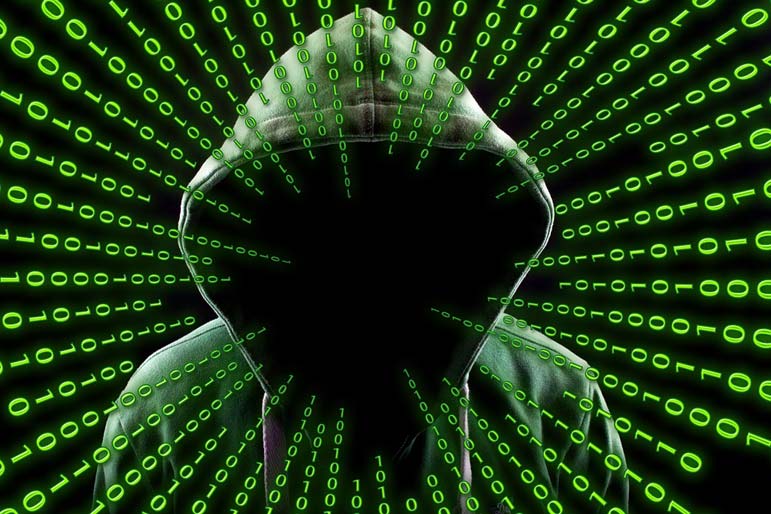
In a letter and statement this month to the State Department and a judge in the Southern District of New York, Russia's Ministry of Justice argued that the United States' Foreign Sovereign Immunities Act protects the Russian government from such lawsuits.
In particular, the lawsuit's naming of the GRU military spy agency as a defendant takes the litigation out of bounds on the basis that "any alleged 'military attack' is a quintessential sovereign act," said a Nov. 6 statement by the ministry's Department for International Law and Cooperation.
The Russian government also warned that if the suit is allowed to proceed, it exposes American spy services such as the National Security Agency - an arm of the Defense Department - to "a tidal wave of civil litigation" in foreign courts.
The statement cited a former senior Justice Department official, Jack Goldsmith, who said "the U.S. intelligence services break into computers and computer networks abroad at an astounding rate, certainly on a greater scale than any other intelligence service in the world."
Moreover, the Russians argued that the allegations raised by the DNC were a "political question" best handled on a "state-to-state" basis by the Trump administration and the U.S. Congress.
Moscow's statement - the first substantive response to the DNC's May lawsuit - comes as Special Counsel Robert Mueller has been investigating Russian interference in 2016 and whether any Trump associates conspired with Russians to affect the election. In July, Mueller obtained an indictment of 12 GRU officers, laying out in detail how various operatives allegedly hacked Democratic emails and transferred them to WikiLeaks, often using GRU cutouts.
If the DNC case is allowed to proceed, the Democrats will seek internal documents and testimony from the Trump campaign that might illuminate interactions with Russia. They are asking for damages that they expect amount to several million dollars to compensate for alleged harm to the DNC's campaign operations, employees and fundraising activities.
"Donald Trump has an easy choice to make: defend our democracy or do Putin's bidding," DNC Chairman Tom Perez said in a statement, referring to Russian president Vladimir Putin. "The Trump Administration should stand up for the American people by telling Putin that the American judiciary has the jurisdiction and power to hold foreign governments that attack our people accountable for the harm they cause."
In a September communication to the U.S. Embassy in Moscow, the Russian Ministry of Foreign Affairs asked the U.S. government to "take immediate action to stop" the lawsuit, nudging the State Department to weigh in on Russia's behalf.
The State Department said it needed time to review the matter before it could comment.
The Democrats are among a potentially growing class of plaintiffs seeking to sue foreign governments for alleged hacking-related crimes. The bar for such litigation is high, however, because of the 1976 law, which generally forbids lawsuits against foreign states.
The DNC, however, has argued that it may sue the Russian government because, the committee alleged, its agents stole "trade secrets, a form of commercial activity" and the hack was a "tortious act" committed in the United States.
Moscow argued that the commercial activity exception does not apply to "an alleged military attack by a 'military intelligence agency,' " and that a tort case cannot be recast as a commercial activity case.
"Russia certainly has a credible argument for dismissal," said Scott Anderson, a former lawyer in the State Department's office of the legal adviser and now a fellow at the Brookings Institution. "I don't want to say it's a strong one. This is treading on an area where there's a fine line to say what does and doesn't qualify for an exception."
He called Moscow's focus on military acts a "red herring" because it is not the purpose, but the type, of activity that counts when it comes to deeming something commercial. Here, he said, "it's still an unsettled area of law."
Another expert, Ashley Deeks, a senior fellow at the University of Virginia's Center for National Security Law and also a former State Department lawyer, said she thinks "Russia is likely to prevail in arguing that the commercial activity exception does not fit the situation at hand."
The DNC has proprietary information about its strategy, "but calling it trade secrets is where I trip up," she said.
The "striking thing" about the Russian response, she said, was how it framed the alleged acts in strongly military terms. That framing, she said, "rings hollow here."
The Russians have not entered a formal motion to dismiss and a justice ministry official, Mikhail Vinogradov, made clear in the letter that the document "does not [constitute] an appearance in the ligitation."
The documents were entered into the docket by U.S. District Judge John Koeltl on Nov. 9.
(COMMENT, BELOW)


 Contact The Editor
Contact The Editor
 Articles By This Author
Articles By This Author